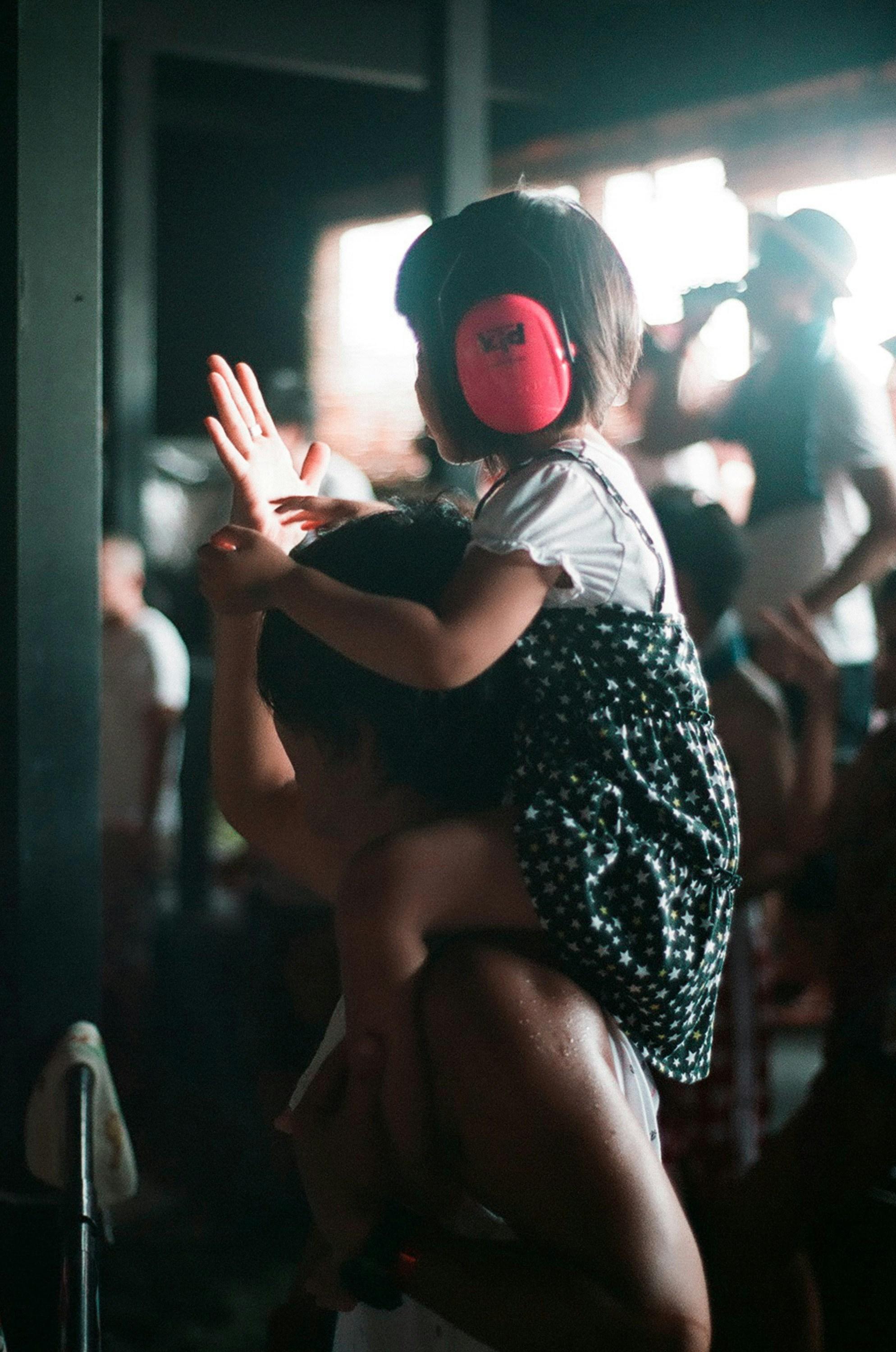In recent years, film festivals have emerged as pivotal platforms for showcasing narratives that delve into pressing social justice issues. As the world grapples with complex challenges such as inequality, discrimination, and human rights violations, these cultural events have taken on a crucial role in amplifying the voices of marginalized communities and raising awareness through the powerful medium of cinema. By curating and presenting films that tackle topics ranging from racial injustice to gender inequality, film festivals not only provide filmmakers with the opportunity to reach wider audiences but also stimulate critical conversations and inspire action. This article examines the impact of film festivals in highlighting social justice stories, exploring how they serve as catalysts for change by bridging the gap between art and activism.
Exploring the Influence of Film Festivals on Social Justice Narratives
Film festivals serve as a vital platform for advancing social justice narratives by providing filmmakers with the opportunity to showcase stories that might otherwise remain marginalized. These festivals are often at the forefront of cultural discourse, curating selections that challenge societal norms and provoke thought. By including films that tackle issues such as racial inequality, gender discrimination, and environmental justice, they amplify voices that seek to bring about change. The impact of these narratives is further heightened by the festival setting, where audiences are more receptive to complex and challenging themes, creating a fertile ground for dialogue and awareness.
- Diverse Audience Engagement: Festivals attract a wide range of attendees, from critics and industry professionals to activists and general audiences, enabling films to reach diverse viewers who might become advocates for the causes depicted.
- Increased Visibility: Films that participate in festivals often gain media attention and critical acclaim, which can lead to wider distribution and a broader audience, further spreading their social justice messages.
- Networking Opportunities: Filmmakers can connect with like-minded individuals and organizations, fostering collaborations that can lead to future projects focused on social justice themes.
Ultimately, film festivals not only celebrate the art of filmmaking but also play a pivotal role in shaping public discourse around crucial social issues, driving forward the conversation on justice and equality through the power of cinema.
The Mechanisms of Film Festivals in Elevating Underrepresented Voices
Film festivals serve as a crucial platform for amplifying voices that are often marginalized in mainstream cinema. By providing a space for diverse stories, these festivals play an integral role in challenging conventional narratives and introducing audiences to new perspectives. Curated programs focused on social justice themes highlight issues such as racial inequality, gender discrimination, and LGBTQ+ rights, creating opportunities for filmmakers from underrepresented communities to showcase their work. These festivals often include panel discussions, workshops, and networking events that are designed to foster dialogue and collaboration among filmmakers, activists, and industry professionals.
- Inclusive Selection Processes: Many film festivals prioritize diversity in their selection committees, ensuring that a wide array of voices are considered during the curation process.
- Partnerships with Advocacy Groups: Collaborations with organizations that focus on social justice issues help to bring attention to films that might otherwise be overlooked.
- Award Categories for Social Impact: By introducing awards that specifically recognize films addressing social issues, festivals incentivize the creation of impactful storytelling.
By strategically leveraging their influence and reach, film festivals not only spotlight stories of social justice but also contribute to the broader cultural conversation around equity and representation in the arts.

Analyzing the Impact of Audience Engagement on Social Justice Films
Audience engagement plays a crucial role in amplifying the messages of social justice films, especially when showcased at film festivals. These events serve as a platform where filmmakers and viewers converge, fostering an environment ripe for dialogue and reflection. Engagement strategies such as Q&A sessions, panel discussions, and interactive workshops enable audiences to delve deeper into the themes presented, thus enhancing their understanding and empathy. Film festivals often act as a catalyst for change by transforming passive viewers into active participants who advocate for the causes depicted on screen.
- Interactive Sessions: Opportunities for direct communication between filmmakers and audiences.
- Community Building: Creating networks of like-minded individuals committed to social change.
- Educational Workshops: Providing tools and knowledge to support the causes presented.
Moreover, these events can significantly impact the visibility and reach of social justice films. By drawing diverse audiences, film festivals expand the discourse beyond the traditional viewership, inviting different perspectives and encouraging widespread awareness. This engagement not only boosts the films’ prominence but also fuels movements by transforming informed audiences into advocates who continue the conversation long after the credits roll.

Recommendations for Film Festivals to Enhance Social Justice Storytelling
To effectively highlight social justice narratives, film festivals should consider implementing several strategic recommendations. Firstly, curating a diverse selection of films is paramount. By featuring works from underrepresented voices and cultures, festivals can offer audiences a more comprehensive view of global social justice issues. This diversity not only enriches the festival experience but also provides a platform for marginalized filmmakers to share their unique perspectives.
Additionally, fostering engagement and dialogue around the films is crucial. Festivals can host panel discussions, Q&A sessions with filmmakers, and interactive workshops to delve deeper into the themes presented in the films. These activities encourage audience participation and can lead to meaningful conversations about social justice topics. Collaborating with social justice organizations can also amplify the impact, creating opportunities for advocacy and real-world change. By adopting these practices, film festivals can significantly contribute to the broader discourse on social justice.
